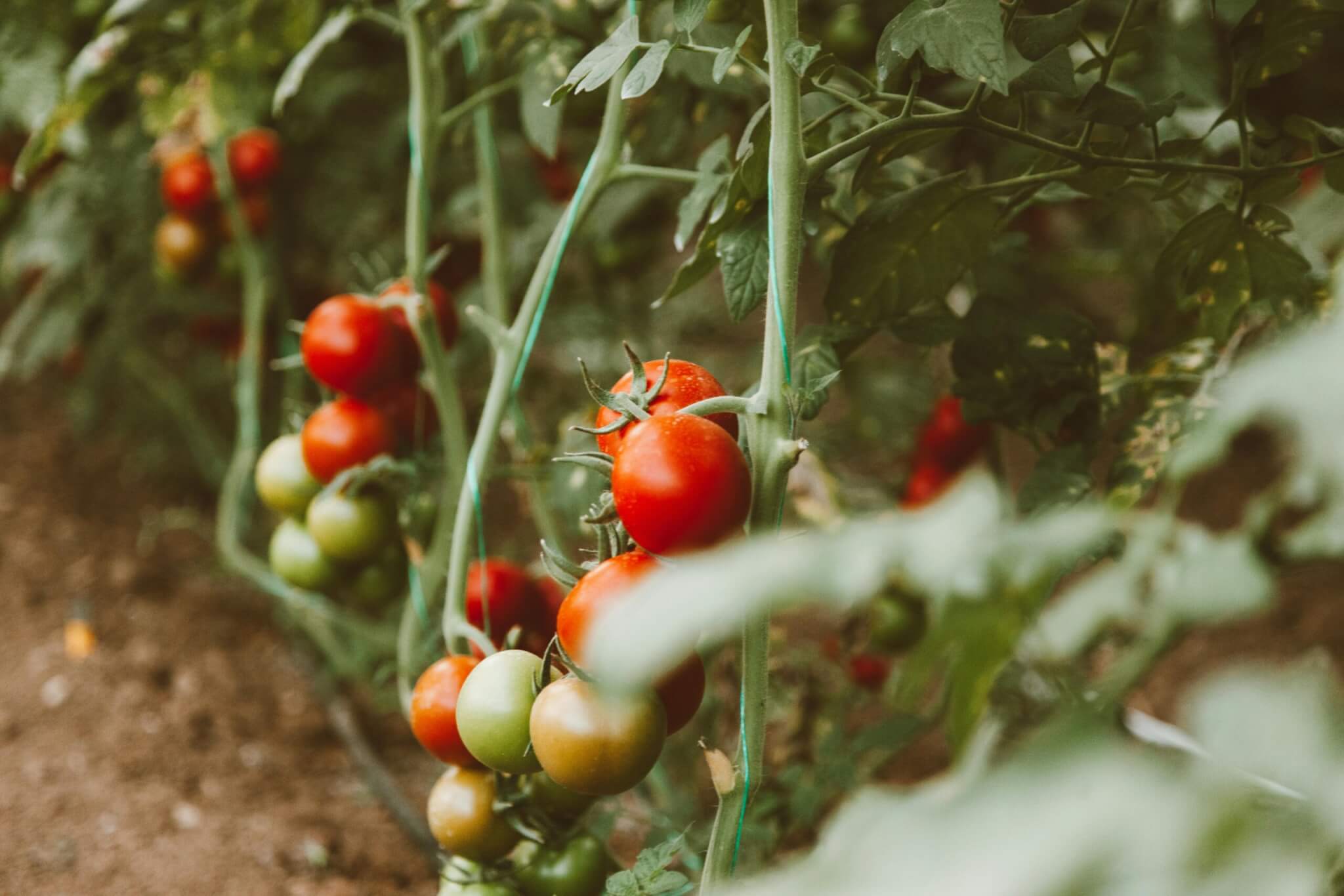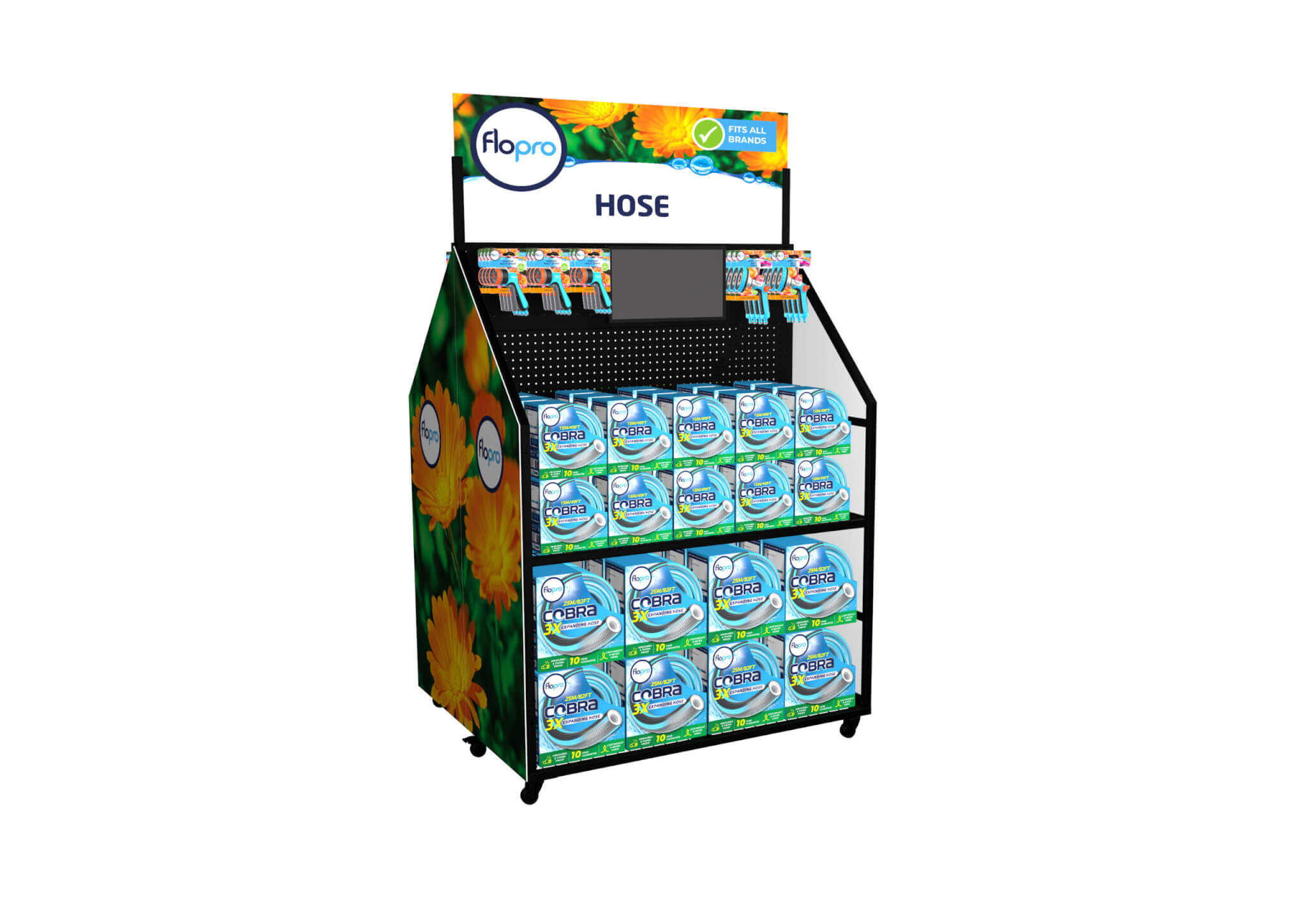Green investment in bioprotection needed to increase organic food production

Number of bioprotection products registered for use not fulfilling demand in the agriculture, horticulture, sport turf and forestry sectors
27 August 2020
Greater green investment in bioprotection is needed for organic food production levels to increase. So says Bionema founder and CEO Dr Minshad Ansari.
The UK-based biopesticide technology developer is currently working on effective, eco-friendly solutions to reduce the chemical residue on crops and increase organic food production. However, its founder is concerned that, although there are many products in development, the limited number of bioprotection products registered for use in the UK and the EU is not fulfilling the current demand in the agriculture, horticulture, sport turf and forestry sectors.
“The recent EU commitment to reduce pesticide use by 50% within next 10 years is the right way forward, from an environmental and human health point of view, however bioprotection products cannot fill this gap in the market if the current lengthy, and costly, EU registration process continues. This takes much longer than US Environmental Protection Agency (EPA) registration,” Dr Ansari said.
Bioprotections are the natural alternative pest control method to toxic chemicals – and include plants, nematodes, bacteria, fungi, and minerals. They are less toxic than chemical pesticides, decompose rapidly and can be targeted at specific pests to avoid harming beneficial insects.
Despite a huge growth in the global bioprotection market, which is growing at an estimated 16% CGAR and is expected to reach $10 billion by 2025, there is urgent need for the continued development and commercialisation of bioprotection products not only to replace traditional pesticide use but to increase overall food production as the world population is expected to reach nine billion by 2050.
The Bionema technical team is currently working with growers, greenkeepers, sport turf managers and foresters by using a holistic technical and practical approach to combat the most damaging economic pests and diseases in their sectors, while helping to reduce pesticide residues in food and non-food crops.
Bionema researchers have already assessed hundreds of natural insect-killing fungi, nematodes and bacteria to investigate their commercial use potential for the management of pests and diseases. Its laboratory, glasshouse, and field trials, conducted in UK and in the EU, have shown promising results and key products are now going through EU registration. These product formulations were tested against major economic soil and foliar feeding insect pests in the horticulture, sports turf, and the forestry sectors, some which had developed pesticide resistance.
Referring to the success of recent product trials, Dr Ansari said: “The use of nematodes with a biocompatible wetting agent, for example, successfully controlled vine weevils in soft fruits and ornamentals and also controlled chafer grubs and leatherjackets infestations in golf courses and pine weevils in pine forests. There are further efficacy trials planned over the next couple of years, which will include next generation product and formulation testing in the UK and overseas and we are looking forward to seeing positive results in the effective pest control of economically-damaging insects in high value crops.”
Bionema researchers have analysed the cost benefits of using bioprotection products versus chemical pesticides for organic and conventional food production and the results are very promising. It also continues in its research of product formulations and delivery systems to increase overall efficacy especially against soft body insects – such as western flower thrips, aphids, spider mites and fruit flies in high value crops – to meet end user demands for better efficacy.
However, bioprotection products must be applied properly for effective use and this is where Bionema’s training courses for end users, agronomists and IPM practitioners is essential.
Bionema researchers are funded by Innovate UK, the Welsh Government, the Business Wales Accelerated Growth Programme (AGP) and Green investors.



 Print
Print






Fans 0
Followers